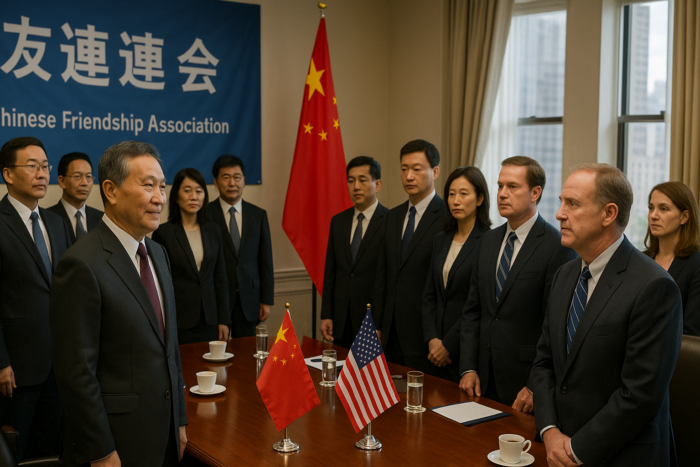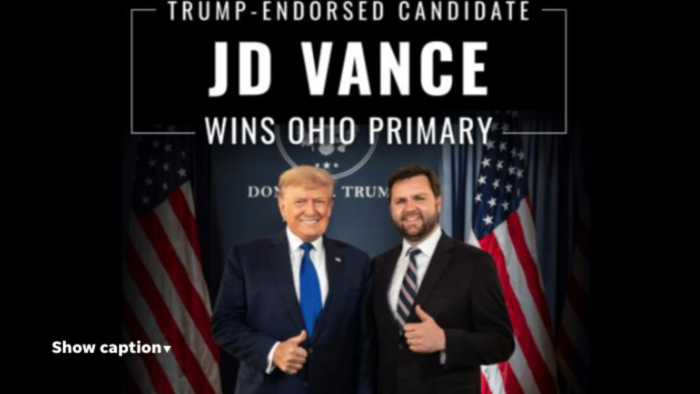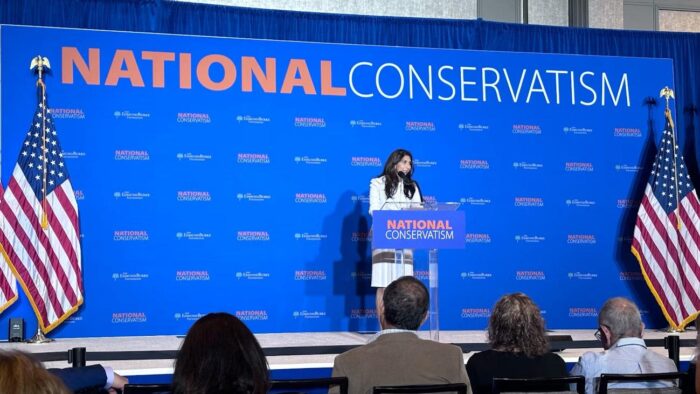JD Vance, Trump’s 2024 vice presidential nominee and U.S. Senator from Ohio, has emerged as one of the most prominent voices of national conservatism in American politics. His journey from bestselling author of Hillbilly Elegy to political figure offers a fascinating window into how national conservative ideology has not only evolved but also gained traction in recent years.
Vance’s political philosophy aligns remarkably well with national conservative thought across several key dimensions. At the heart of his worldview is a belief that achieving conservative goals requires robust state action—a position that distinguishes national conservatives from traditional small-government conservatives.
On social and cultural issues, Vance champions what could be called “pro-natalist” policies that encourage traditional family formation. He has repeatedly criticized childlessness, advocated for policies that benefit parents over non-parents, and expressed concern about the decline of traditional family structures. This emphasis on demographic health and family formation is a cornerstone of national conservative thought.
His economic positions reflect the movement’s populist strain. Rather than embracing free-market orthodoxy, Vance supports protectionist trade policies, industrial initiatives to rebuild American manufacturing, and even some pro-union positions. He’s particularly critical of big tech companies and financial institutions, arguing that they’ve become hostile to conservative values—a position he describes as opposition to “woke capital.”
On immigration, another key national conservative priority, Vance advocates strict restrictions and emphasizes cultural assimilation. He supports completing Trump’s border wall and has expressed concern about demographic change, aligning himself firmly with the movement’s restrictionist wing.
Vance’s foreign policy views also align with national conservative thinking. He’s deeply skeptical of foreign interventions (with the notable exception of support for Israel), opposes continued aid to Ukraine, and focuses primarily on the threat from China. This “America First” approach to international relations is characteristic of the movement.
What makes Vance particularly interesting as a national conservative figure is his intellectual background. His thinking has been shaped by influential national conservative thinkers like Patrick Deneen, Rod Dreher, and the scholars at the Claremont Institute. He has also drawn from more radical right-wing intellectuals like Curtis Yarvin, illustrating how national conservatism synthesizes various traditions.
Perhaps most significantly, Vance explicitly advocates for using state power to achieve conservative ends. He’s called for a “de-woke-ification program” modeled on de-Nazification, arguing that conservative goals require active state intervention in institutions. This willingness to use government power marks a fundamental break with traditional conservative skepticism of state action.
This comfort with state power extends to his view of universities (which he’s called “the enemy”), big business (which he believes should face stricter regulation), and social policy (where he supports intervention to bolster traditional families). In each case, Vance argues that achieving conservative goals requires active government involvement rather than simply defending liberty or restraining the state.
The breadth and depth of Vance’s alignment with national conservative positions make him one of the movement’s most representative figures. His combination of cultural traditionalism, economic nationalism, and comfort with state power perfectly reflects where national conservatism stands today. Understanding Vance’s version of National Conservatism is crucial to grasping the current trajectory of the American right. His rise represents the increasing dominance of national conservative ideas within the Republican Party and their potential to fundamentally reshape American politics in the years ahead.












